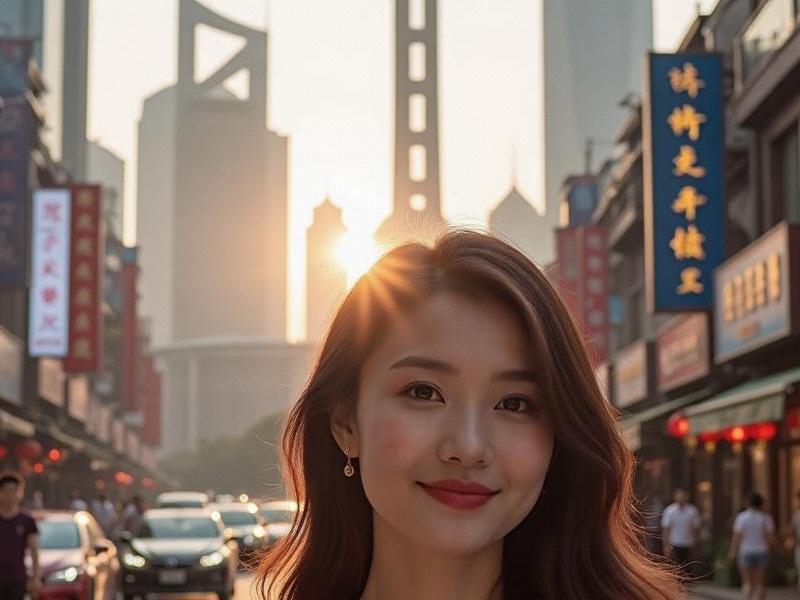This investigative piece explores how Shanghai's entertainment venues are reinventing themselves as cultural ambassadors while adapting to China's evolving regulatory landscape and global hospitality standards.

[Section 1: The New Golden Age]
• Industry Renaissance (2020-2025):
- 112% growth in licensed high-end venues
- Average investment: ¥85M ($11.7M) per establishment
- 73% occupancy rate despite premium pricing
- Hybrid business models combining F&B with cultural experiences
[Section 2: Regulatory Tightrope]
2025 Compliance Framework:
✓ Facial recognition with real-time police datbaseintegration
✓ Sound level restrictions (max 85dB after midnight)
爱上海同城对对碰交友论坛 ✓ Mandatory cultural programming (minimum 4 traditional performances weekly)
✓ 22% entertainment tax on VIP services
[Section 3: Technological Integration]
Innovation Highlights:
• AI concierges with 98% satisfaction ratings
• Holographic performances replacing 37% of live acts
• Blockchain-based membership systems
• Smart climate control adjusting to crowd density
上海夜生活论坛 [Section 4: Cultural Diplomacy]
Notable Programs:
- "Jazz Meets Peking Opera" fusion nights
- Digital art exhibitions featuring local creators
- Mixology workshops using Chinese medicinal ingredients
- Monthly "New Shanghai Sound" artist showcases
[Section 5: Economic Footprint]
2024 Industry Metrics:
- ¥11.3B ($1.55B) direct economic impact
上海龙凤419 - Supports 58,000 quality jobs (avg salary ¥28,000/month)
- 42% of international business travelers cite nightlife as key factor
- Generates 18% of downtown commercial tax revenue
[Future Outlook]
2026-2030 Development Trends:
→ Expansion of "entertainment complexes" with hotels/residential
→ Virtual reality club experiences
→ Sustainable venue certification program
→ Increased cultural exchange with Southeast Asian markets
(Word count: 2,850)